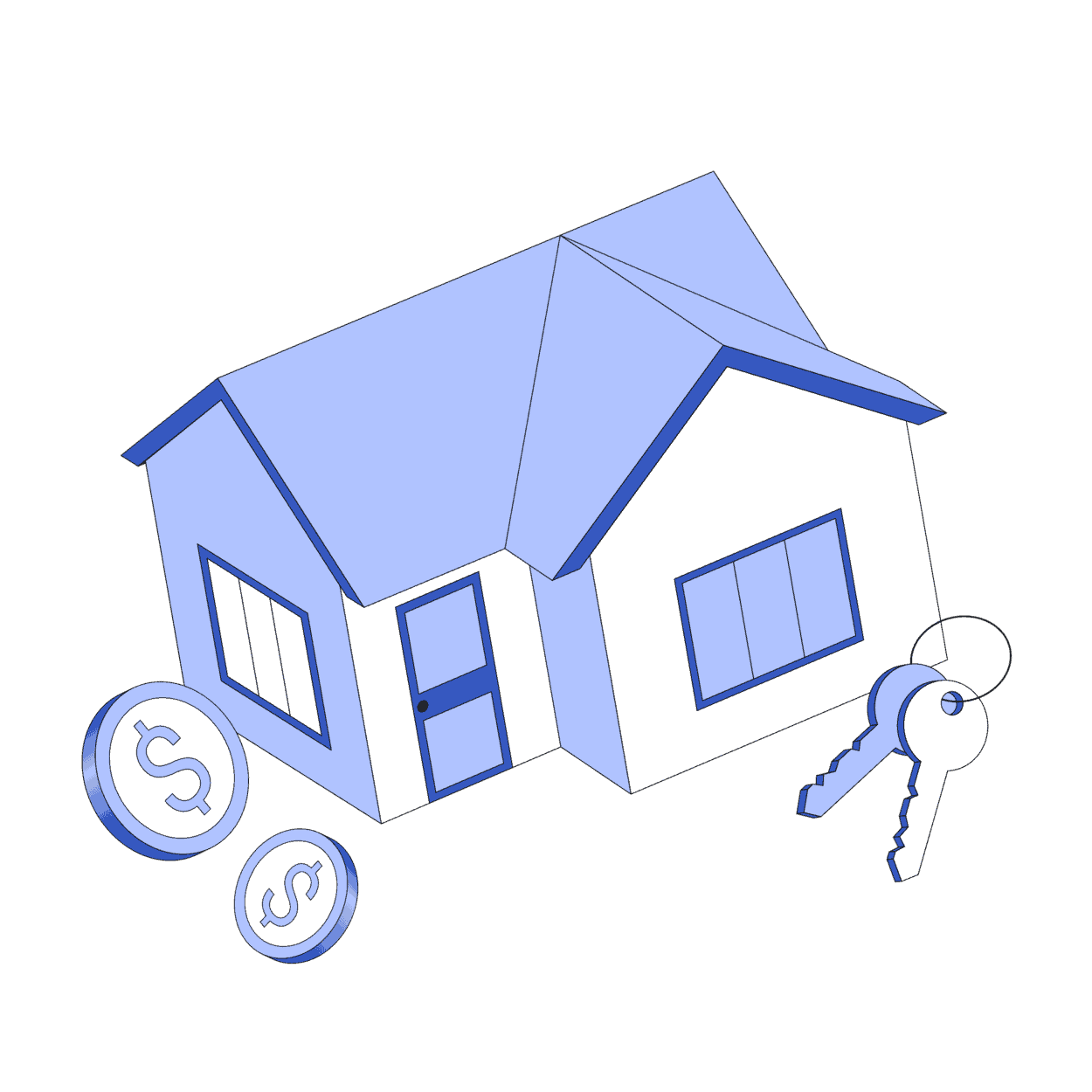Considering transforming your rental property into your primary residence might prompt concerns about potential tax implications.
Will this transition affect the tax deductions you currently claim? Can you convert your rental property into your main home while still renting out a portion of it? And what about the capital gains tax exemption you currently enjoy?
If these questions are causing uncertainty, don’t worry.
Here are some tax insights to help you navigate this potential transition.
Converting Your Rental Property into Your Main Residence
Whether you’re contemplating retiring in your investment property or aiming to enter the property market early as a first-time buyer, deciding to turn your rental property into your primary residence requires careful consideration of tax implications.
You’ll need to declare this change for tax purposes, formally acknowledging that your investment property now serves as your principal place of residence (PPOR).
This declaration is crucial because the classification of your property dictates which tax deductions you’re eligible to claim.
Defining Your Property as a PPOR
The Australian Tax Office (ATO) defines a property as your PPOR if you:
- Reside in the property
- Keep your personal belongings there
- Receive postal mail at the property’s address
- Have all utilities registered in your name
Why Property Definition Matters
If you purchase an investment property to generate rental income, the ATO permits you to claim expenses related to managing the property as tax deductions against your rental income. These deductions include expenses like repairs, loan interest, and council rates.
However, while your PPOR offers tax benefits, you can’t claim expenses related to managing your own home because it doesn’t generate income.
Therefore, you can’t offset these expenses against any income.
Tax Benefits When Your Rental Property Becomes Your Main Residence
Despite losing the ability to claim property expenses as deductions, converting your rental property into your main residence offers potential capital gains tax (CGT) exemptions.
CGT and Living in Your Investment Property
When you sell your investment property and make a profit, this profit is considered a capital gain and must be declared to the ATO for tax purposes.
However, certain circumstances may exempt you from paying CGT, including:
- Making your property your PPOR
- The CGT property six-year rule, allowing you to treat your investment property as your PPOR for up to 6 years while renting it out
- The 50% CGT discount if you’ve held the property for over 12 months before selling
- The six-month rule, enabling you to treat two properties as your PPOR for up to 6 months when acquiring a new home before disposing of the old one
So, if you declare your rental property as your PPOR, you could be fully exempt from CGT on future property sales.
Alternatively, if you convert your rental property into your main residence and later move out, you may be exempt from CGT for up to 6 years.
Renting Out a Portion of Your Main Residence
You might choose to convert your rental property into your main home while still renting out a part of it, such as an extra room or a granny flat.
In this scenario, you can claim some rental expenses, but only for the portion of the property generating income.
However, providing accommodation rent-free to friends or family doesn’t qualify for tax deductions.
According to the ATO, you should apportion rental expenses based on the floor space occupied by tenants, adding a reasonable amount for their access to shared living areas.
Depreciation Considerations
If you declare your rental property as your PPOR, you can no longer claim property depreciation deductions. However, if you continue renting out a portion of your main residence, depreciation becomes a tax-deductible expense.
In this case, obtaining a depreciation schedule from a quantity surveyor can help determine the portion of depreciation applicable to the income-generating area.
